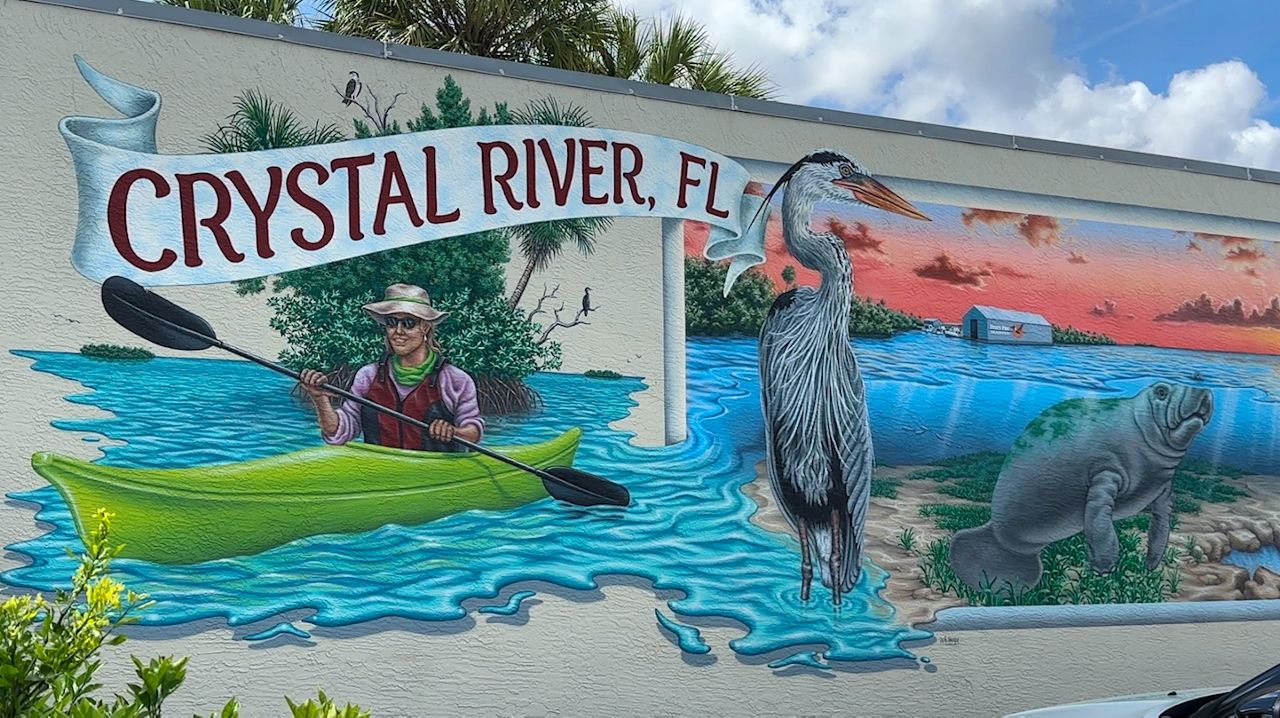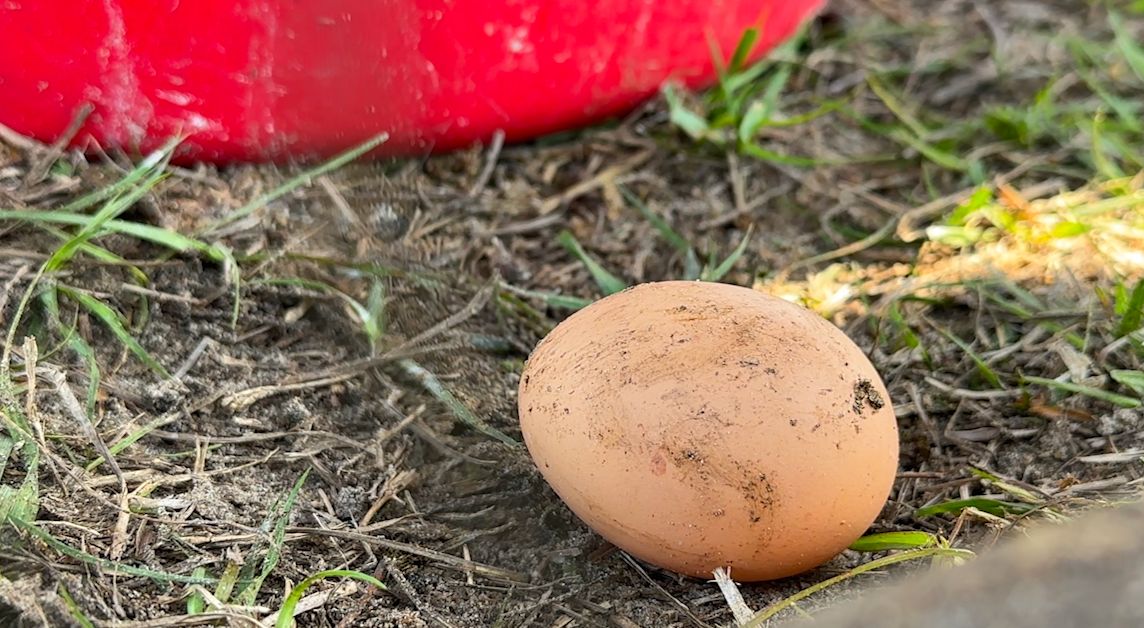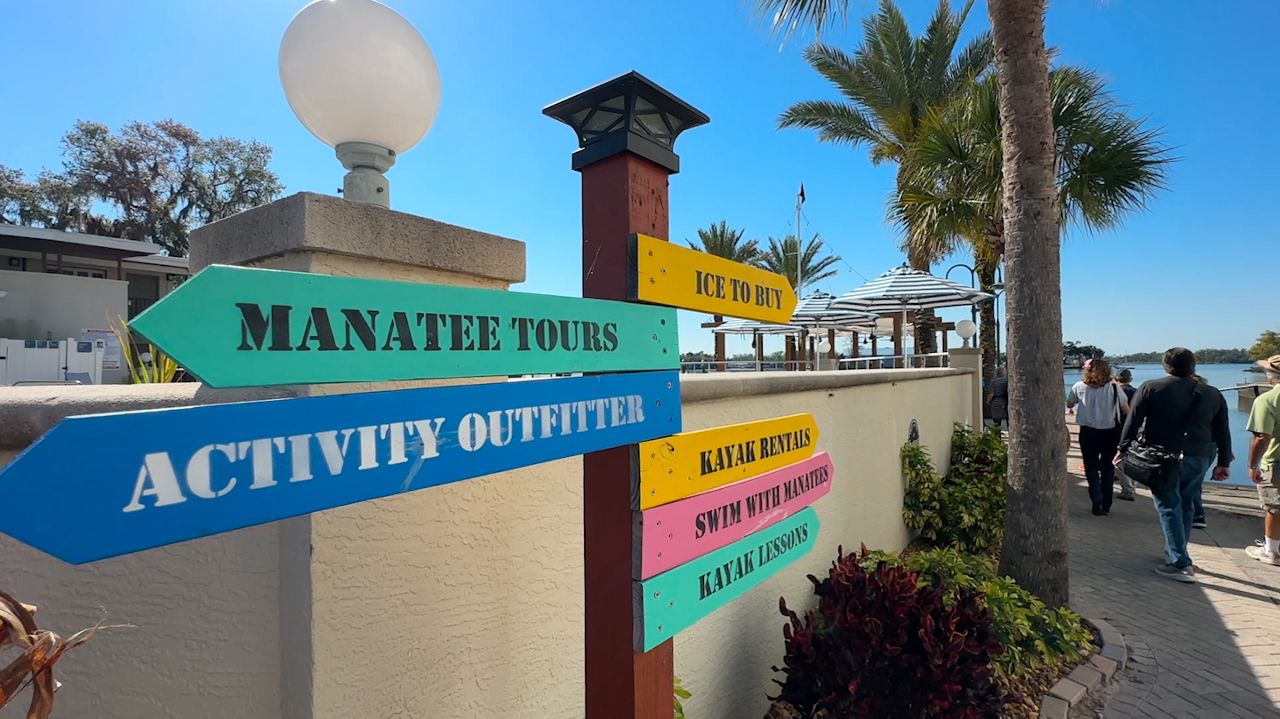CITRUS COUNTY, Fla. — After a trip to Apalachicola and St. George Island in May, Mike O’Grady said something didn’t feel right.
- Citrus County man rushed to hospital after feeling soreness
- Doctors told him he had necrotizing fasciitis, or flesh-eating bacteria
- Officials say quick treatment is key to treating flesh-eating bacteria
“I had this feeling on my buttocks that I was sore and it was difficult to sit on, and it was getting large, like, inflamed. Being a guy, I didn’t seem to think much about it, so I just figured it would get better. It didn’t,” the Citrus County man said.
He rushed to an emergency room in June, where doctors told him he had necrotizing fasciitis, better known as flesh-eating disease.
He was hospitalized for more than two weeks, with surgeries every day the first six days he was there.
“It was very intense pain,” O’Grady said.
“The skin on my bottom was stretching, and it was getting quite large and red and hot, my wife said,” he added.
O’Grady had gotten a steroid injection for pain not long before their trip, and he said doctors think that’s how the bacteria got into his body.
He’s been home for almost two weeks and is doing much better.
“Everybody says the wounds are looking fantastic. They’re healing faster that they anticipated,” he said.
He’s just grateful to be alive.
“It’s made me aware of my mortality and how fragile this life is and to make the most of every day, because you don’t know when something could come along and take us out of here,” he said.
According to the Centers for Disease Control and Prevention, quick treatment is crucial to treating necrotizing fasciitis. They encourage anyone with any open wounds to avoid spending time in hot tubs, swimming pools, and natural bodies of water.









